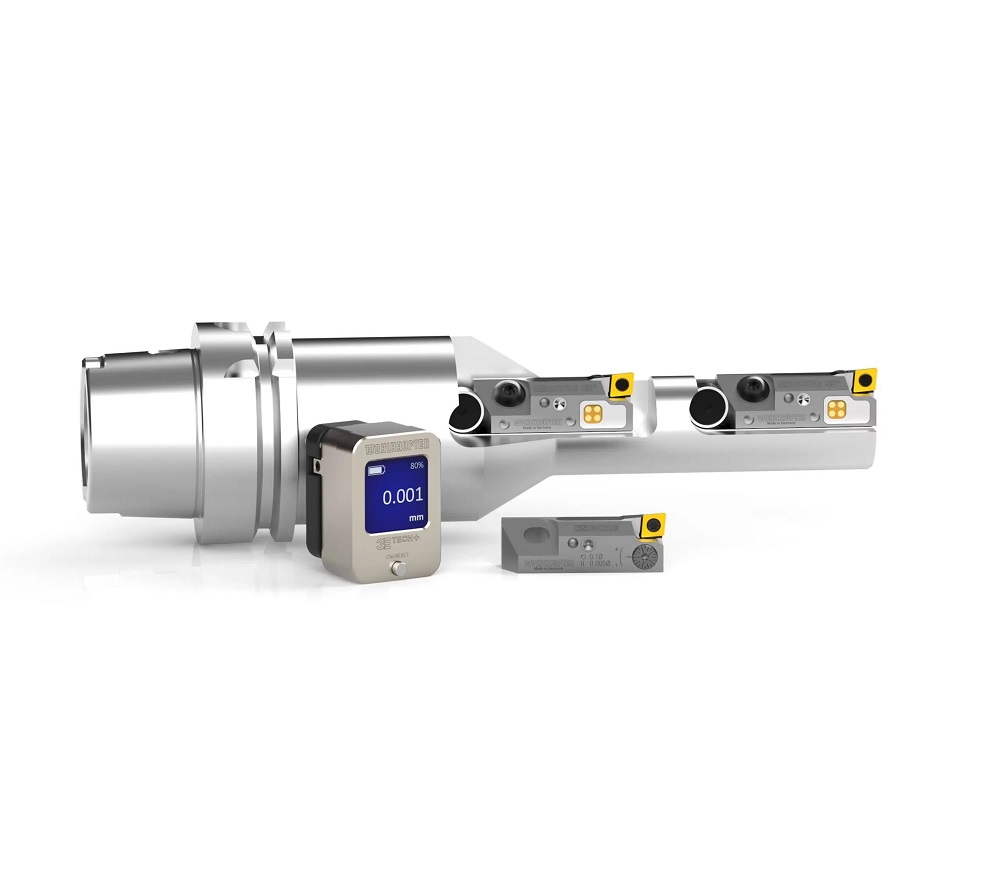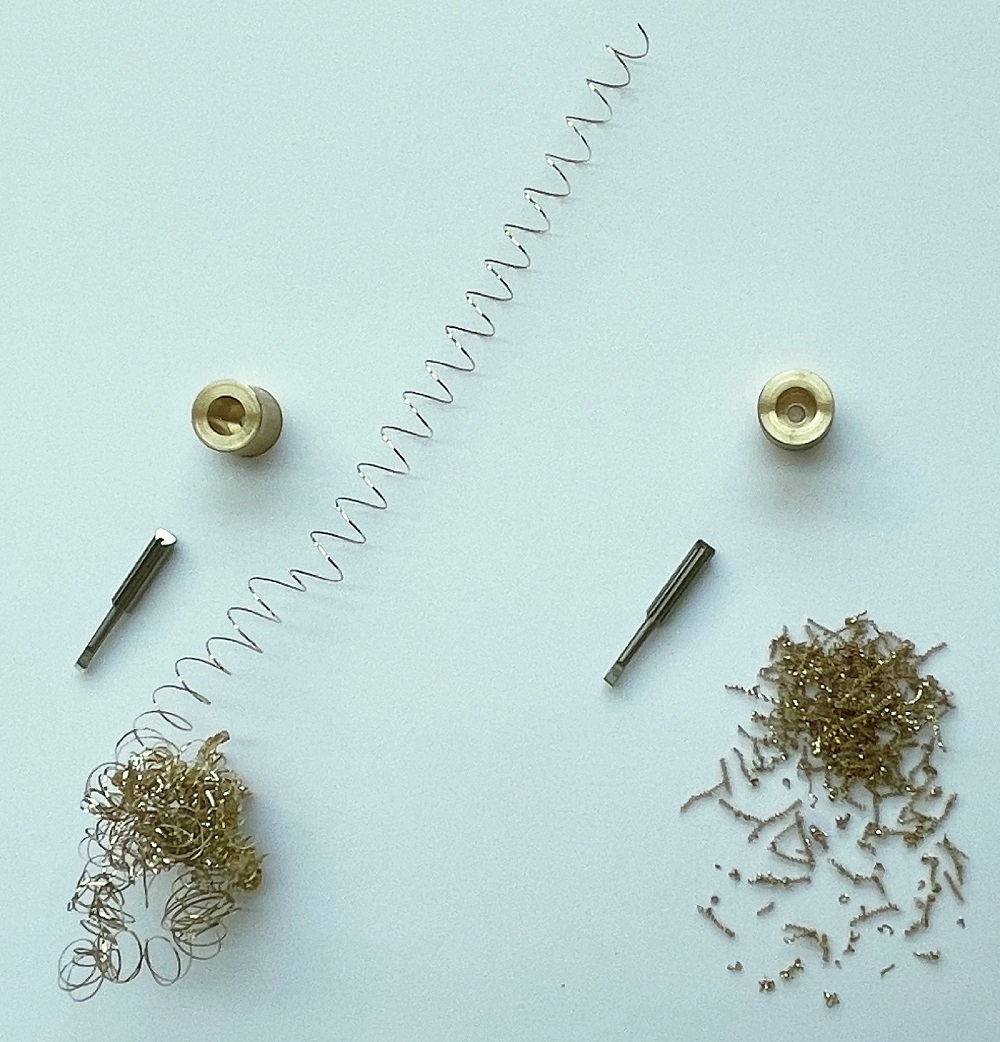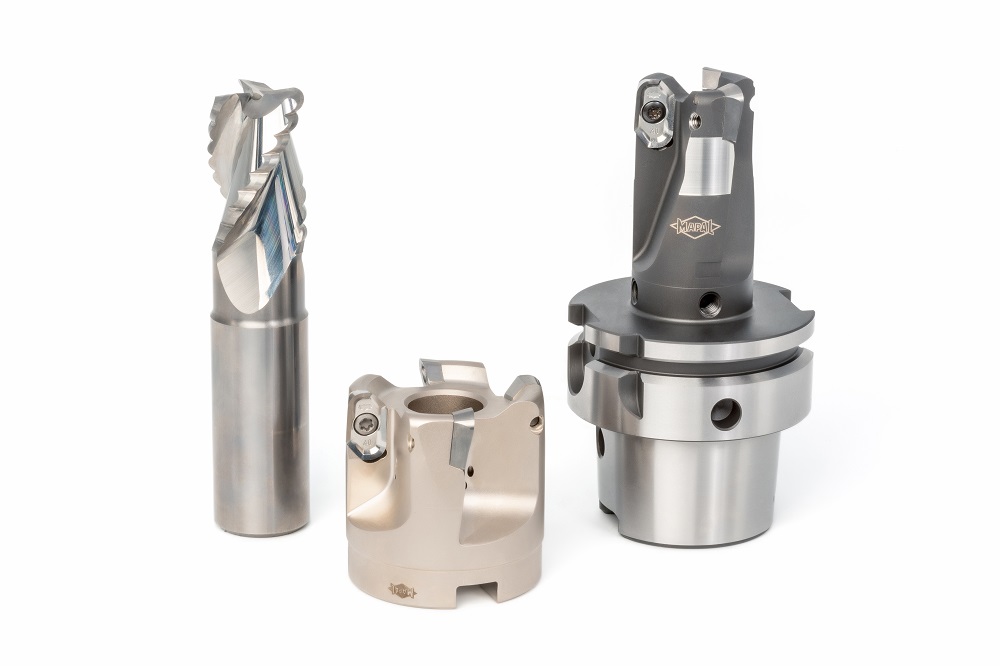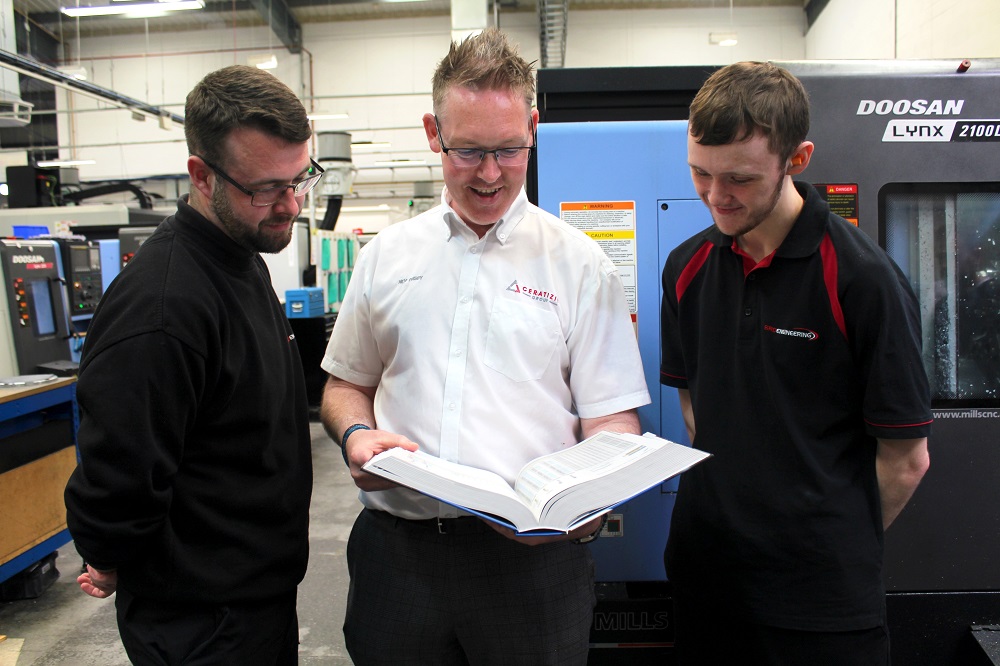Recent years have shown the machining industry that sustainable cost containment holds the key to stability and survival, even in turbulent economic periods. At the same time, the industry needs faster ways to develop new technologies and tools that can respond to changing circumstances. Smart software is a key to making these developments responsive and effective. In certain situations, it can enable manufacturers to optimise machining and production processes by up to 40%, eliminating some of the repetitive manual processes.
Non-digitised processes force production personnel to look up product information manually, which wastes time and may not yield accurate results. For example, with the help of Seco Assistant smartphone app, production personnel can simply scan the product package or tool to reduce the time required for routine tasks on the shop floor. As a result, operatives can quickly receive relevant product information or calculate cutting data and compare insert geometries and grades from different suppliers.
Some 30-60% of tooling inventory is likely to be uncontrolled, floating around the shop floor or simply stacked by machines in excess quantities. Smart software, such as the Seco Inventory Management system, can help to tackle this issue in a more cost-effective and secure way. Apart from physical flexibility, its main benefit lies in monitoring tool and equipment usage, and increasing staff accountability. This way, the inventory management systems help to reduce wasted set-up time because of misplaced items and keep track of high-value tools and mission critical items.
According to Seco, smart software can eliminate the unnecessary inventory of materials and tooling for up to 20% lower inventory costs. With processes optimised for efficiency through technology that removes repetitive manual processes, labour productivity can rise up to 30% and machine downtime drop by up to 50%.
For further information www.secotools.com



















